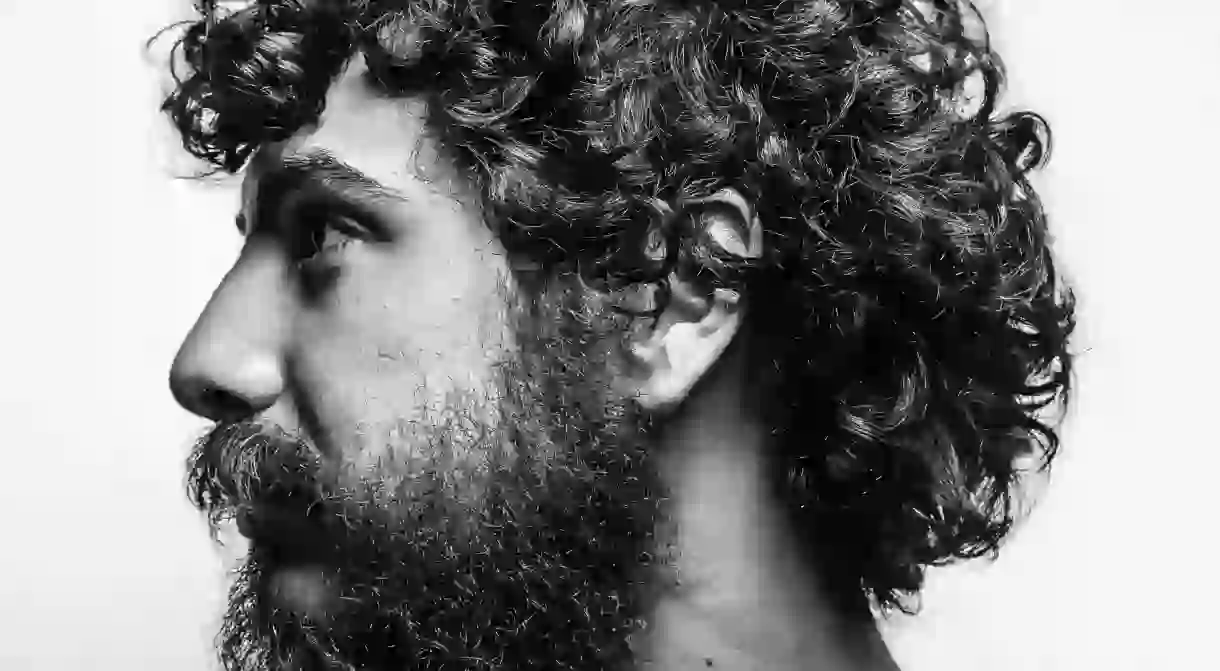The Controversial History of Russian Beards

When Peter the Great introduced a beard tax in 1698, he challenged Russia’s long standing bond with facial hair, which remains a contentious relationship even in current times. The nation’s tricky attitude towards beards extends far beyond factors of kissability and personal style. How men wear their mutton chops directly correlates with notions of masculinity and godliness, which is a lot of pressure for a bit of stubble. Here’s a bit of insight into the history of the Russian beard and the trouble it has gotten into.
Did you know – Culture Trip now does bookable, small-group trips? Pick from authentic, immersive Epic Trips, compact and action-packed Mini Trips and sparkling, expansive Sailing Trips.
Upon the revolutionary Tsar’s return from his formative European tour, Peter the Great set about implementing reform that he believed would modernise his nation. He brought about educational, economic and social overhauls that would steer Russia away from its bucolic past and towards a more Westernised future. As part of this make-over, one of the first things to go was the beard.

As the story goes, the ruler came to believe beardless men were in line with a more European, modern society. So he personally cut off the beards of those men closest to him during a gathering. Soon after the hair cutting party, Peter the Great declared a ban on facial hair. Unsurprisingly, men protested.
Up until this point, beards were so revered by their wearers and the community that men could be fined for damaging another man’s beard. Long facial hair reflected the widely held conservative representation of manhood, which was shared by the opinion of the Orthodox Church. Apparently, Ivan the Terrible (Tsar between 1533 and 1547) declared that ‘shaving the beard was a sin’, and doing so ‘would mean blemishing the image of man as God had created him’.
And so Peter the Great changed the ban to a tax that permitted men to keep their beloved fuzz for a price. Clergymen were exempt and peasants were able to keep their whiskers unless they were visiting a city. The tax remained in place until 1772, despite the Tsar passing away in 1725.
Since the collapse of the Soviet Union, what men did with their facial hair was of little public concern, for the most part. But sentiments on beards and virility almost broke the Russian-language internet when Conchita Wurst, the stage-persona of beardy, Austrian, singer Thomas Neuwirth, took out the coveted Eurovision contest in 2014.
Already a controversial contender in many Russian eyes, Conchita Wurst’s long flowing locks and soft beard embodied her gender-bending identity. Her appearance conflicted with regimented views of masculinity and stirred-up anti-gay sentiment. In protest of her victory and participation (and her sexuality and gender fluidity), Russian men posted pictures of themselves shaving off their beards.
In another twist of beard logic, Metropolitan Kornily, the leader of the Russian Orthodox Old Believer Church, recently claimed that shaving your beard makes men gay. Pink News reported that the religious leader went on the record to say, ‘men should stop shaving their beards to “protect themselves from homosexuality”‘, which echoes Ivan the Terrible’s centuries-old utterance on the matter.
Kornily believes beards have ‘some kind of anti-gay powers’ and that men with beards are ‘less likely to engage in same-sex relationships’. It is also reported he argued that ‘God set down certain rules. The Lord created everyone with a beard,’ and that ‘It’s a monstrous thing to see men’s clothing and hairstyles changing’.

However, not all Russian males have such rigid beliefs when it comes to beard styles and masculinity. A new wave of men is demonstrating that fashion—just like opinions—comes and goes. Challenging archaic assertions of masculinity, American style barbers are popping up across Moscow and St Petersburg that revel in male grooming and well-kept beards.
A dapper barber with tattoos and impressive facial hair, Artemy Zolotarevsky suggests old norms can be hard to budge. He told NPR, ‘When people see me, some are amazed, some give me mean looks. And so I think I’m a bit of an outlaw’. With so many perceptions about beards stirring things up in Russia, who knows that the future of facial hair will be.













